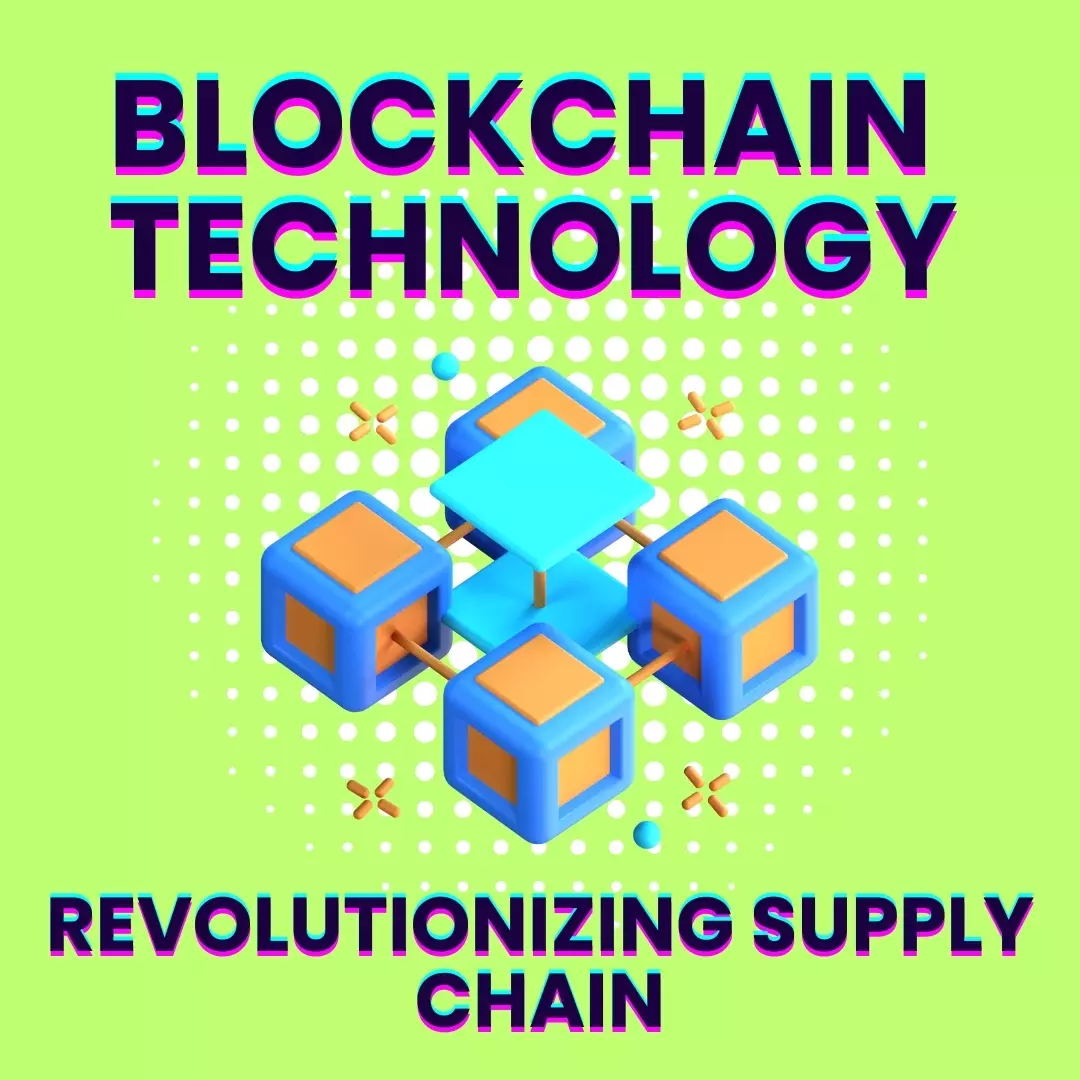In a world where efficiency and transparency are key, blockchain technology is taking supply chain management to the next level. Gone are the days of lost shipments and unclear tracking – with blockchain, every step of the supply chain process is secure, reliable, and easily accessible. Join us as we explore how this revolutionary technology is changing the game for businesses worldwide.
Introduction to Blockchain Technology
Blockchain technology has been making waves in the world of business and finance in recent years, with its potential to revolutionize various industries. One area where it is gaining significant traction is supply chain management. But what exactly is blockchain technology, and how does it work? In this section, we will delve into the fundamentals of blockchain technology and its potential impact on supply chain management.
At its core, blockchain technology is a decentralized digital ledger that records transactions across a network of computers. It was initially developed as the underlying technology for cryptocurrencies such as Bitcoin but has since expanded into other use cases due to its secure and transparent nature.
One of the key features of blockchain is that it operates without a central authority or intermediary. Instead, it relies on a distributed network of computers called nodes, which validate and record transactions in blocks. These blocks are then linked together in a chronological order, creating an immutable chain of records – hence the name “blockchain.”
So how does blockchain provide security? Each block contains a unique cryptographic hash that links it to the previous block, forming an unbreakable chain. Any tampering with one block will disrupt the entire chain’s continuity, making it virtually impossible for malicious actors to alter transaction records undetected.
Another crucial aspect of blockchain technology is its transparency. Once data is entered into the blockchain network, it becomes visible to all participants who have permissioned access. This eliminates any information asymmetry among stakeholders and promotes trust between parties involved in a transaction.
How it differs from traditional supply chain management systems
Blockchain technology is transforming the way supply chain management systems operate, providing numerous benefits and advantages over traditional methods. In this section, we will explore the key differences between the two approaches and how blockchain is revolutionizing supply chain management.
1. Decentralization: One of the fundamental differences between conventional supply chain management systems and blockchain-based systems is their approach to centralization. Traditional systems have a centralized structure, where all data and information are stored in a single location controlled by a central authority. This can lead to bottlenecks, delays, and security vulnerabilities as all parties must go through the central system for any updates or changes.
In contrast, blockchain technology operates on a decentralized network where information is shared and stored across multiple nodes. This eliminates the need for a central authority, making processes more efficient, transparent, and secure. With no single point of failure or control, blockchain-based supply chain management allows for real-time updates and instant verification by all parties involved.
2. Transparency: Transparency is another significant difference between traditional supply chain management systems and blockchain-based ones. Conventional methods often lack transparency due to limited access to data or deliberate concealment of information from suppliers or customers. This leads to trust issues among stakeholders and difficulties in tracking products’ origin or authenticity.
With blockchain technology’s immutable ledger system, every transaction recorded on the network can be traced back to its source in real-time. This level of transparency provides an unprecedented level of visibility into the entire supply chain process for both businesses and consumers alike. Suppliers can verify product authenticity while customers can track their orders from production to delivery accurately.
3. Traceability: Traceability refers to tracking products’ movement throughout its entire journey from raw material sourcing to end-consumer delivery. Traditional methods rely on physical documentation that can easily be lost or tampered with during transit resulting in errors or fraud incidents going unnoticed until discovered much later in the process.

Benefits of Implementing Blockchain in Supply Chain Management
1) Increased Transparency and Traceability: One of the major benefits of implementing blockchain in supply chain management is increased transparency and traceability. With traditional supply chain systems, it can be challenging to track and verify the authenticity and origin of products.
However, with blockchain technology, every transaction is recorded on an immutable digital ledger that can be accessed by all parties involved in the supply chain. This eliminates any room for fraud or tampering with product information, ensuring complete transparency throughout the entire process.
2) Enhanced Efficiency: Blockchain streamlines processes by eliminating intermediaries such as third-party logistics providers or banks. This reduces paperwork, delays, and costs associated with traditional methods. By automating tasks like contract execution, invoicing, payments, and tracking shipments through smart contracts, businesses can significantly increase their efficiency while also reducing human error.
3) Improved Inventory Management: Blockchain-enabled inventory management systems provide real-time visibility into inventory levels at each stage of the supply chain. This enables companies to better manage their inventory levels based on demand patterns accurately. As a result, businesses can reduce excess stock levels while ensuring timely delivery to customers.
4) Better Quality Control: The use of blockchain technology also allows for improved quality control within the supply chain. By tracking every step in a product’s journey from manufacturing to delivery using sensors and IoT devices linked to the blockchain network, businesses can identify any potential issues quickly before they become widespread problems.
Real-life Examples of Blockchain in Supply Chain Management
Blockchain technology has gained significant attention in recent years due to its potential to revolutionize supply chain management. This innovative technology offers a secure, transparent, and efficient way to track and manage the flow of products from their origin to the end consumer. In this section, we will explore some real-life examples of how blockchain is being used in supply chain management.
1. Walmart : The world’s largest retailer, Walmart, has embraced blockchain technology for its food safety procedures. The company partnered with IBM and implemented a blockchain-based system that allows them to track the journey of fresh produce from the farm to store shelves.
The system records important information such as origin, expiration date, storage temperature, and more on the blockchain network. This enables Walmart to quickly trace any contaminated or expired products back to their source within seconds instead of days.
2. Maersk: Maersk is one of the largest shipping companies globally, responsible for transporting goods across several continents every day. To streamline its complex supply chain operations, Maersk turned to blockchain technology.
They collaborated with IBM and developed TradeLens – a digital platform that leverages blockchain to provide end-to-end visibility into global trade transactions. With TradeLens, all parties involved in a shipment can have access to real-time data about cargo location, customs clearance status, documentation requirements, and more.
3. De Beers: De Beers Group – one of the world’s leading diamond producers – has implemented a blockchain-based tracking system called Tracr for monitoring diamonds’ journey from mines through cutting facilities all the way up until they are sold at retail stores. By using Tracr’s immutable ledger feature, De Beers can certify ethical diamond origins and ensure there is no conflict or counterfeit diamonds entering the supply chain.
4. Unilever : Unilever – a global consumer goods company – has launched a pilot project to trace palm oil from its source to the factory using blockchain technology. This initiative aims to address the increasing concerns over deforestation caused by palm oil production. By tracking every step of the supply chain on blockchain, Unilever can ensure sustainable sourcing practices are followed, reducing their environmental footprint.
The Top Trends Shaping the Future of Web Development
How to Build Your Social Media Marketing Strategy
Mastering the Art of Lead Generation: Tips and Strategies
Elevating Your Brand with Voice Over Service in Jaipur
User Experience: Predicted UX/UI Design Trends in 2024
Boost Your Conversion Rates with Winning Content


